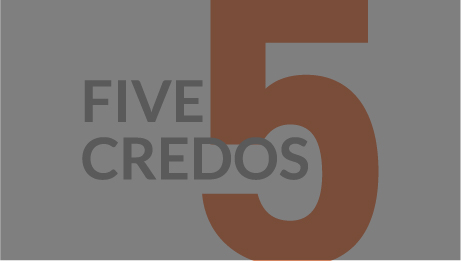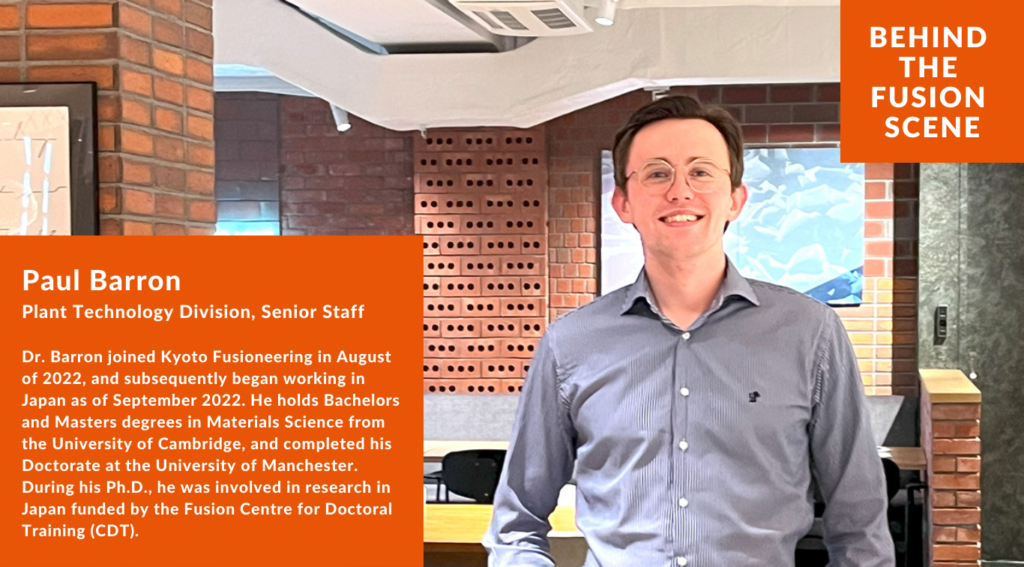
Paul Barron, Plant Technology Division, Technical Development Department
Dr. Barron joined Kyoto Fusioneering in August of 2022, and subsequently began working in Japan as of September 2022. He holds Bachelors and Masters degrees in Materials Science from the University of Cambridge, and completed his Doctorate at the University of Manchester. During his Ph.D., he was involved in research in Japan funded by the Fusion Centre for Doctoral Training (CDT).
How did you become interested in science?
From a young age, I used to read a lot and was always interested in finding out more about the world around me, which is what made me interested in science. I also enjoyed trying to help my parents and grandparents with household and gardening tasks. This usually involved trying to fix things, but often I would just end up breaking them more! I think that’s part of the reason I’ve always been interested in not just science, but experimental science involving working in a lab and doing things hands-on as well.
At university, I was initially studying physics, but I found it really hard, so I ended up specialising in materials science which I found suited me much better. When I was studying for my undergraduate degree in materials science, I became intrigued by a module on nuclear materials, and I discovered a Ph.D. program in nuclear fusion around the same time. Although I didn’t know much about fusion at the time, I found the program fascinating and decided to apply.
During my Ph.D. studies, I had the privilege of being funded by the Fusion Centre for Doctoral Training (CDT), which is a research teaching program, and my research focused on the development of low-activation, multi-principal element alloys for nuclear fusion applications. As part of this program, I was afforded the opportunity to spend two months at the National Institute for Fusion Science (NIFS) in Japan, where I worked on a small research project. This experience not only introduced me to some young fusion researchers who have since become close friends but also opened my eyes to the experience of living in Japan. Despite the place where I stayed a few kilometres away from the city, I still cherished my time in Japan, exploring different places on the weekends and discovering new things since I had never lived outside the UK before. As a result, this experience really sparked my interest in the prospect of living and working in Japan in the future.
After completing my Ph.D., I initially considered pursuing a career in fusion-related work. However, I soon realised that finding the right job at the right time could be a challenge, especially in light of the COVID-19 pandemic which made the job opportunities even more limited. Therefore, I decided to broaden my horizons and explore other opportunities beyond the field of fusion. This led me to a postdoctoral research position at the University of Glasgow where I had been working on materials for ultrasonic surgical devices. I found this work equally fascinating, and it had allowed me to expand my knowledge and expertise in other areas of materials science.
What drew you to join Kyoto Fusioneering (KF)?
In January 2022, I fortuitously encountered a job advertisement for KF while browsing a website that listed academic jobs in Japan. When I had previously searched this site when finishing my Ph.D., I hadn’t found a suitable position at the time. I had never heard of KF before, but the job description seemed well suited to my expertise from my Ph.D. research.
Honestly, it was a difficult decision to leave a fulfilling job and take a risk by moving to a different country where I didn’t know many people and didn’t speak the language. I talked with friends and family for their opinions and ultimately decided that it made sense both from a life experience and career standpoint.
From a life experience perspective, I had always wanted to live abroad as I had never left the UK for an extended period, so that aspect was a major motivation. Additionally, I had prior experience living in Japan and knew it was an easy place to live, so I thought it would be a place where I could settle in quite well. From a career perspective, the opportunity to work for a small start-up was highly fascinating to me as it would allow me to take on significant responsibility and experience rapid growth in a short period of time. Moreover, I also wanted to develop my ability to adapt to a new environment by working in a foreign country.
To be honest, having to live away from all my friends and family was one of the biggest challenges, but I should give my family some credit as well because they were always very supportive of me embarking on a journey to a foreign land.
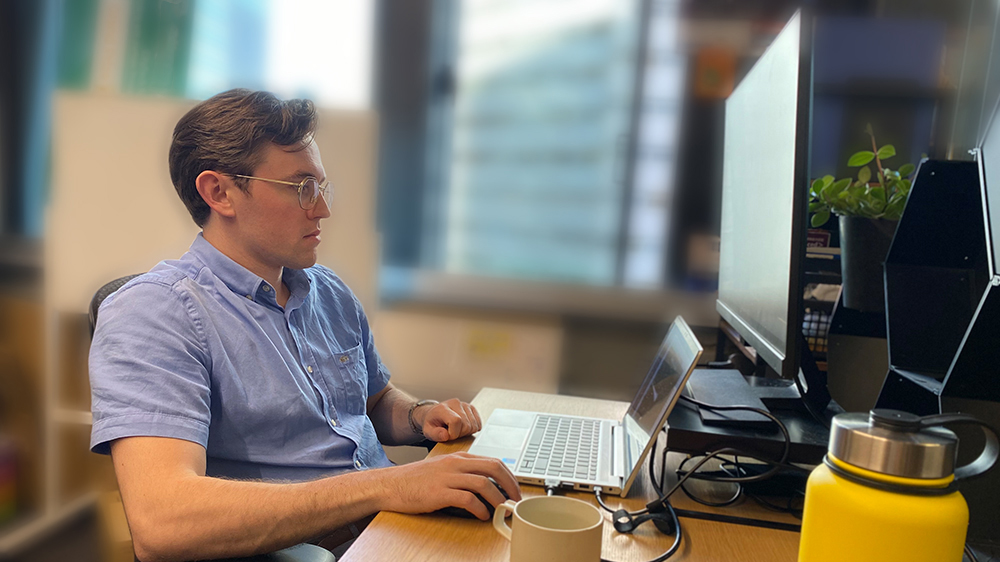
What projects are you currently working on at KF?
Currently, I am engaged in several projects simultaneously, each with its unique challenges and rewards. These projects include working on the development of a heat exchanger for the lithium lead loop of the UNITY project, conducting research on molten salt corrosion, and contributing to the Safety team’s research on tritium handling and international fusion regulations.
In the heat exchanger development project, we are researching various methods to coat the materials to prevent corrosion and oxidation. In addition to studying these methods, we also need to identify companies that can implement them. Since we are primarily working with Japanese companies in this area, I am collaborating with my Japanese colleagues to contact potential partners and conduct research based on the information we have gathered.
In the molten salts project, handling this material requires extreme care and caution due to the presence of toxic beryllium contained in it. Despite this, the initiative is very meaningful as it could potentially lead to KF utilising this material in the future. During the initial stages of my employment, I had the chance to work in the lab at Kyoto University for about two months and conduct experiments for both the heat exchanger and molten salts projects. As I mentioned before, I’ve always been interested in doing hands-on things, so I enjoyed going into the lab and doing some experiments.
On the other hand, my role in the safety team involves researching UK regulations and related documents, which are often quite dense! This can be challenging because I am not familiar with the area and the terminology is unfamiliar to me. Nonetheless, I am grateful for the helpful and supportive environment provided by the team, which fosters a rich learning experience.
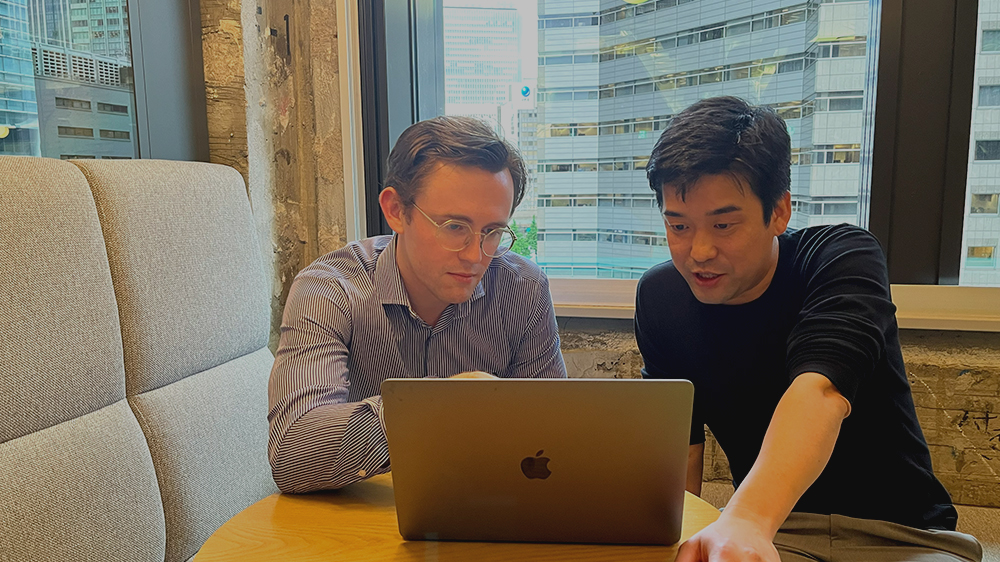
Although I hold a Ph.D. in fusion, it’s in one quite specific area of materials. KF has afforded me the opportunity to explore various aspects of fusion. I have learnt a lot about fusion from conversations with the plant engineering team, including about the fuel cycle and ceramics, which I didn’t know much about before. At the same time, I am also able to use my expertise in liquid metal corrosion to do research on metals and alloys. Since joining KF, I have been pleasantly surprised by the wide range of projects I have been involved in, which has exceeded my initial expectations.
How is it like to work in a start-up company based in a different country?
One of the things I really like about working at KF is the fact that it’s a relatively small company, which means that I have the chance to get to know many of my colleagues and can easily figure out who to speak to about different issues within the company. I’m also pleased that, despite working in the Japanese office, I can meet with members of the UK and US teams in person during their regular business trips to Japan. I’m particularly excited about the upcoming Global Camp in June, where members from different countries will gather in Japan, as it will give me the chance to finally meet the new recruits from the UK, whom I haven’t had the opportunity to meet yet.
If I may bring up issues of working in Japan, tasks such as paperwork, bill payments, and apartment hunting have been challenging for me since they are all conducted in Japanese. Obviously, I knew that Japanese is the primary language in Japan, and I expected it to be challenging. Fortunately, the members at KF have generously offered to help me, which has made things much easier. I think this is one of the features of the KF, the employees are very sociable. I often enjoy sharing meals and drinks with colleagues from teams outside of my usual sphere of work. I appreciate how social and friendly everyone is and I really enjoy the various events throughout the company.
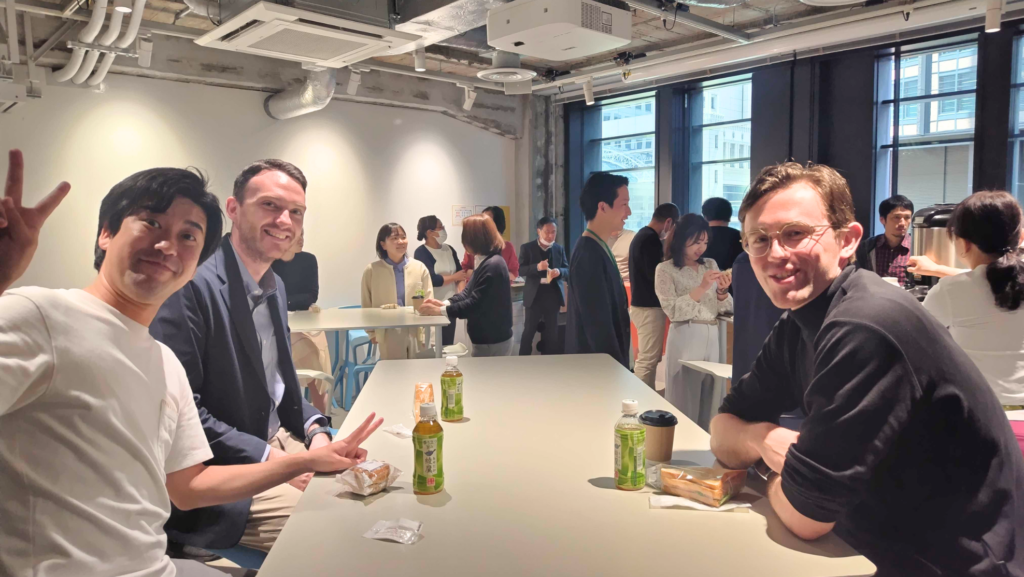
Furthermore, I find the diversity of backgrounds among KF’s members to be very stimulating, especially when compared to my previous experience as a postdoctoral researcher. In my observation, researchers in academia often belonged to research groups that shared similar interests and focused on related areas of study, which led to the development of comparable skill sets and expertise. In contrast, private start-ups have a variety of people from different backgrounds, including chemical engineering and physics, which provides an excellent opportunity for me to learn and grow.
What would you like to achieve with KF?
My goal is to establish nuclear fusion as a feasible and sustainable source of energy. I think that this is one of the most complex scientific and engineering challenges that humanity has ever pursued, requiring a wealth of knowledge and numerous technical developments. Many individuals are working on various aspects of this challenge, and I believe that it is unlikely that a single person will make a breakthrough that would revolutionise the industry. Collectively, small incremental improvements will lead to real success.
As Isaac Newton famously said, “If I have seen further, it is by standing on the shoulders of giants.”, in all the amazing technology and science that we have today, we are only contributing to what other people have done before us. Even before I encountered nuclear fusion and KF, I have always had in the back of my mind that I want to do something that will benefit humanity. If I can try and contribute to push things a little bit further in advancing the knowledge and technical challenges that will ultimately lead to this monumental achievement, it would bring me great satisfaction.




